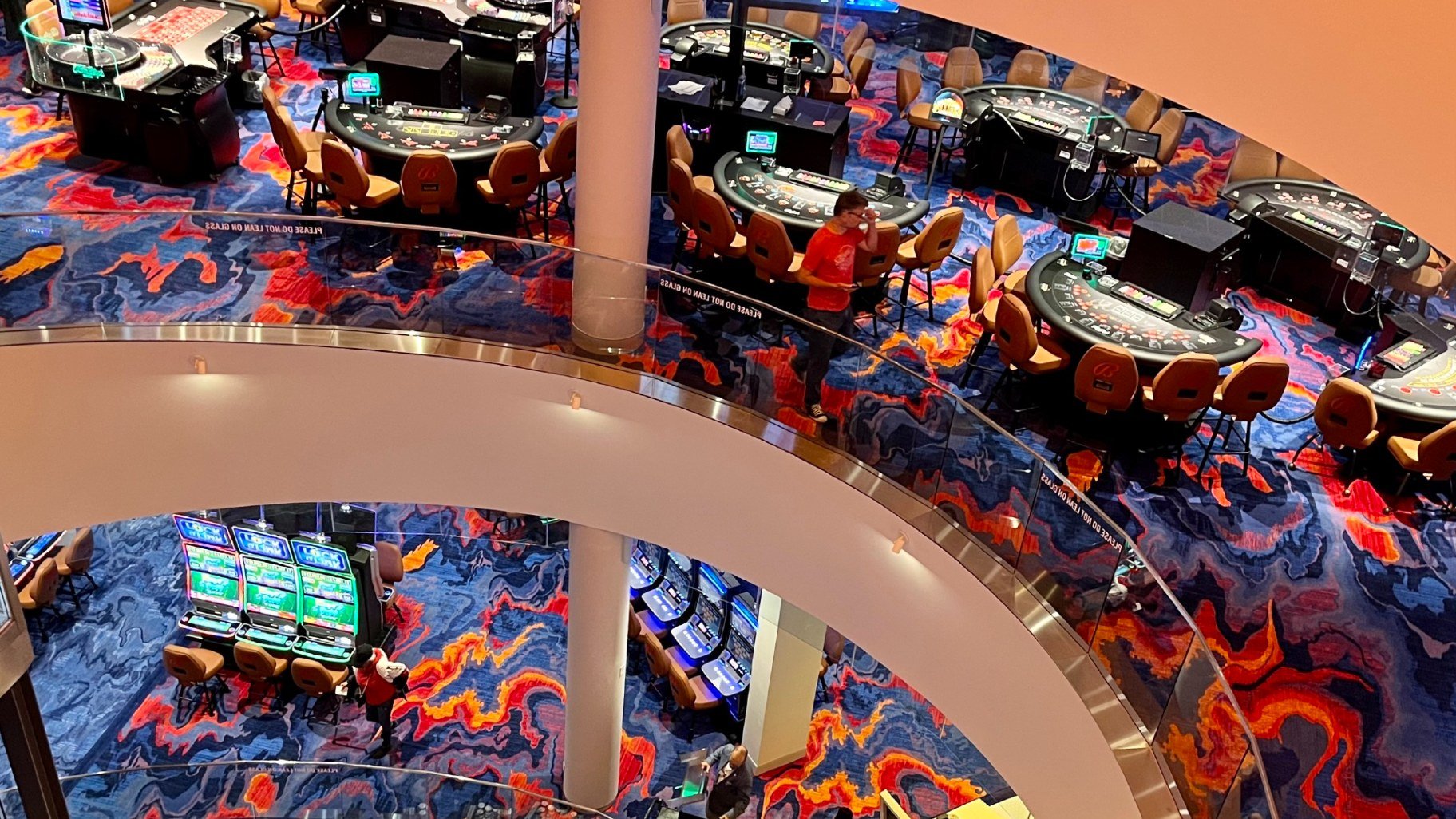
In the world of gambling, in which chance and strategy intersect, a unique tapestry of beliefs unfolds—one that braids luck, fate, and the enigmatic nature of casino games. Casinos, bustling with excitement and anticipation, are not just places for placing bets; they are also arenas in which superstitions thrive. From the novice player to the seasoned gambler, these mysterious practices often shape how individuals approach the games they play, believing that their actions can impact the outcome in ways that go beyond mere probability.
When players gather around roulette wheels, blackjack tables, and slot machines, the atmosphere is thick with stories of lucky charms, rituals, and codified behavior that defy logic yet provide a sense of comfort. It could be the case that it’s wearing a specific outfit, following a particular sequence of bets, or even avoiding certain numbers, the attachment to various superstitions reflects a deep-rooted desire to manipulate the uncontrollable. This article delves into the captivating world of casino game superstitions, exploring the beliefs that both entertain and mystify those who dare to play.
Historical Beginnings of Superstitions
Casino activities have long been entwined with an variety of superstitions that trace to early civilizations. The roots of these beliefs can be associated to humanity’s fundamental wish to control the random outcomes related with luck and randomness. In ancient civilizations, games of chance were often tied to spiritual practices. Players would invoke favor or request favor from spirits, believing that their actions could influence the odds in their favor. This basis laid the groundwork for the variety of superstitions that developed as betting evolved over ages. https://8ok.today/
During the Middle Ages, gambling became a common activity across the continent, and with it, a colorful tapestry of superstitions developed. Players adopted numerous rituals and charms, believing they could influence the consequences of games. The importance of digits, in particular, began to show in superstitions related to card games and dice. The number 7 was often considered favorable, while other numbers carried bad connotations. These beliefs mirrored the cultural contexts of the time, adapting as they transferred through generations and changed to emerging gaming environments.
As casinos appeared in the seventeenth century, particularly in the Italian peninsula and the French nation, the atmosphere surrounding gambling became steeped in mystery. The growing openness of gambling games allowed for the expansion and variation of superstitions among players. Concepts like fortunate charms, specific seating arrangements, and rituals gained importance, creating a special culture within betting houses. As these customs continued to thrive, they became essential to the identity of casino games, illustrating how the past and tradition shape the convictions that influence how participants interact with chance.
Popular Casino Myths
Beliefs surrounding gambling games are abundant and varied, reflecting the hopes and fears of gamblers as they participate in random games. One of the most prevalent views is that specific numbers bring luck or bad luck. For example, the digit 7 is often seen as a lucky digit, frequently sought after by players looking for a positive outcome. Conversely, the number thirteen is routinely considered cursed, leading many players to avoid it during their gaming periods.
Another common superstition relates to rituals that gamblers believe can affect their odds. It could be blowing on dice before a throw, using a particular gesture to place a wager, or even wearing specific items of attire, many individuals feel that these actions can tilt fate in their benefit. These rituals offer a feeling of control in an otherwise unpredictable environment, reinforcing the idea that luck can be manufactured through individual convictions and habits.
Lastly, the ambiance and vibe of the gambling house itself contributes to myths. Many gamblers suggest that the presence of certain icons, such as four-leaf clovers or fortunate tokens, can enhance their odds of success. Additionally, gamblers might hold to the notion that winning streaks can be interrupted by mundane occurrences, such as a person passing by or a spill at the gaming surface. The collective atmosphere in a casino can amplify these beliefs, creating a communal culture of myths that transcends single encounters.
Impact of Superstitions on Players
Beliefs play a crucial role in the psychology of casino players, often influencing their behavior and choices. Many gamblers believe that luck can be influenced through different rituals, such as wearing a lucky charm, selecting specific colors, or steering clear of particular digits. This reliance on superstitions can create a sense of control in an environment that is inherently unpredictable. Players often feel more self-assured and involved when they believe that their actions could sway the result of a game in their favor.
The impact of these superstitions extends past singular players, affecting the overall atmosphere within the casino. For example, a player who believes in the luck of a particular slot machine might attract a crowd, as others are intrigued by their apparent luck. This collective belief can heighten excitement and create a lively environment, leading to an interesting experience even for those who may not necessarily be superstitious. The buzz around specific games can lead to higher participation and extended playing sessions, supporting the casino’s vibrant social scene.
In some instances, superstitions can lead to harmful effects for players. Depending too much on rituals can result in bad gambling decisions, as some may overlook basic strategies in favor of unfounded beliefs. Additionally, the stress to perform rituals may increase anxiety and tension, detracting from the enjoyment of the experience. Ultimately, while superstitions can enhance the excitement of playing casino games, they can also lead to poor choices that overshadow the enjoyment and entertainment intended in the casino experience.
